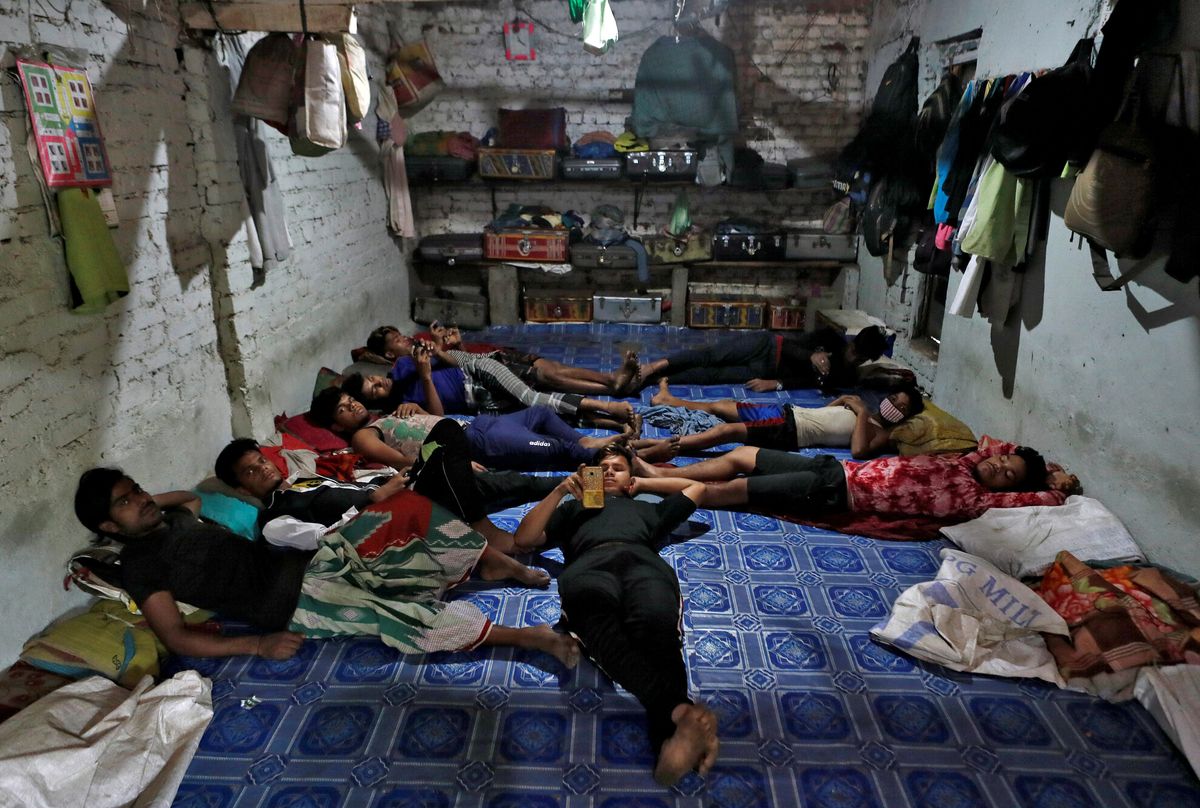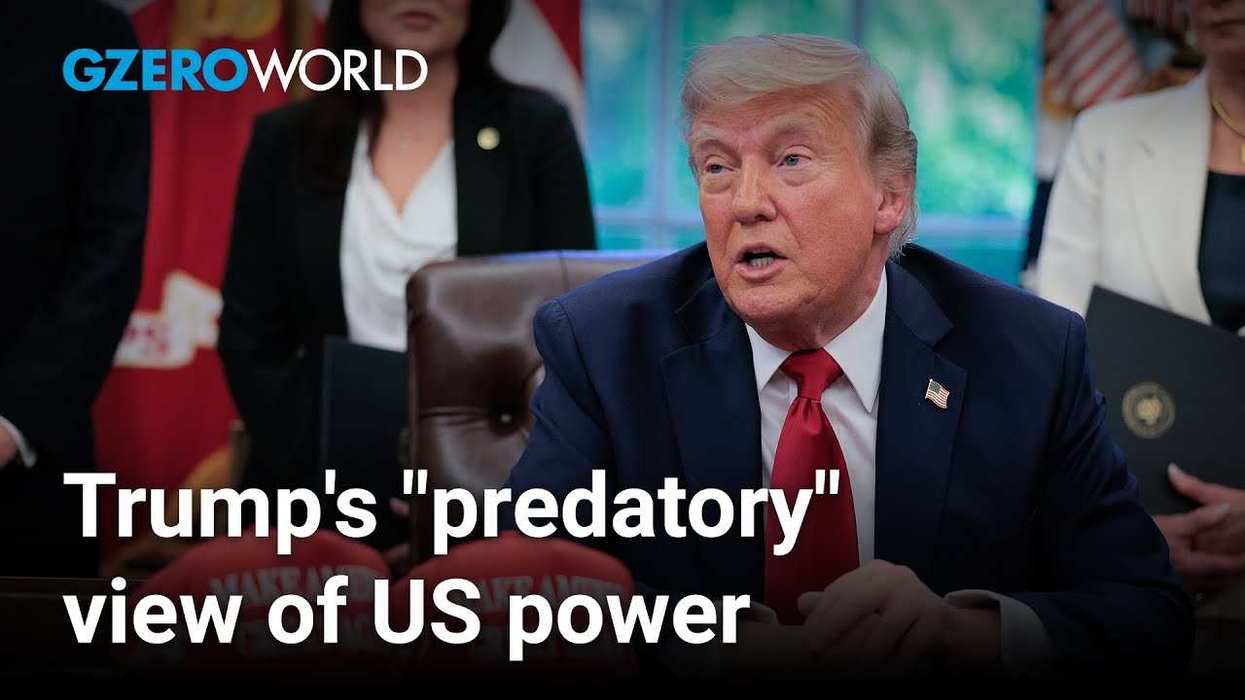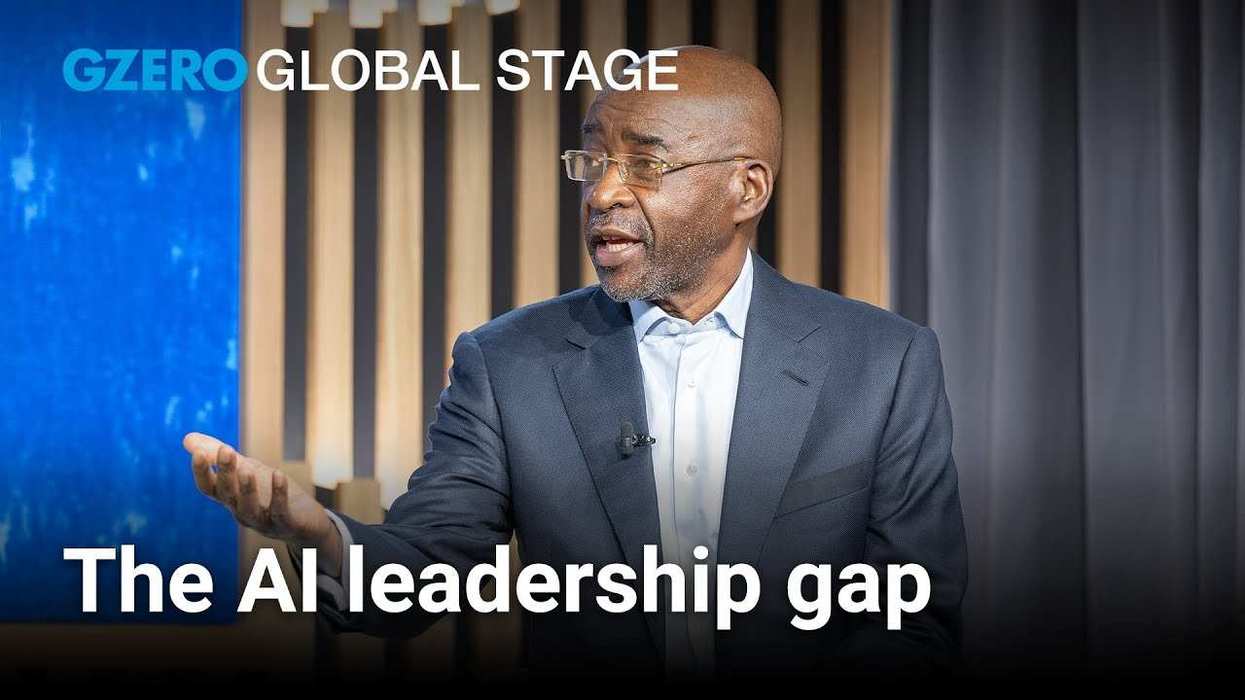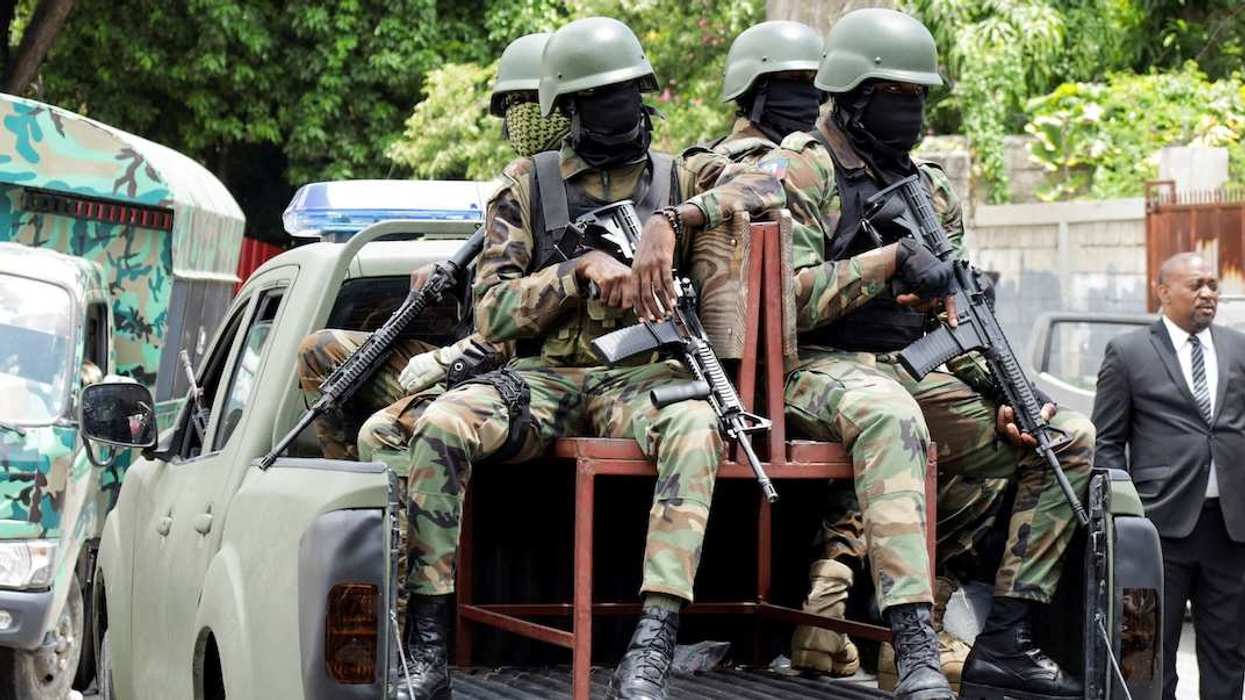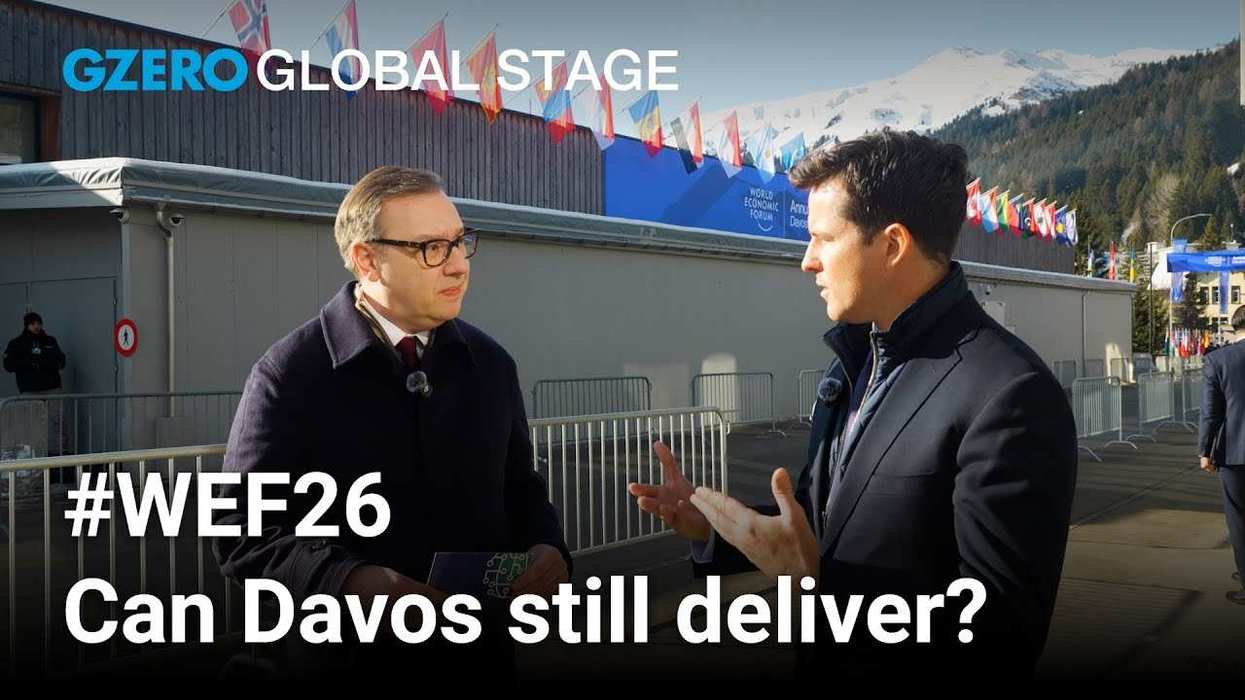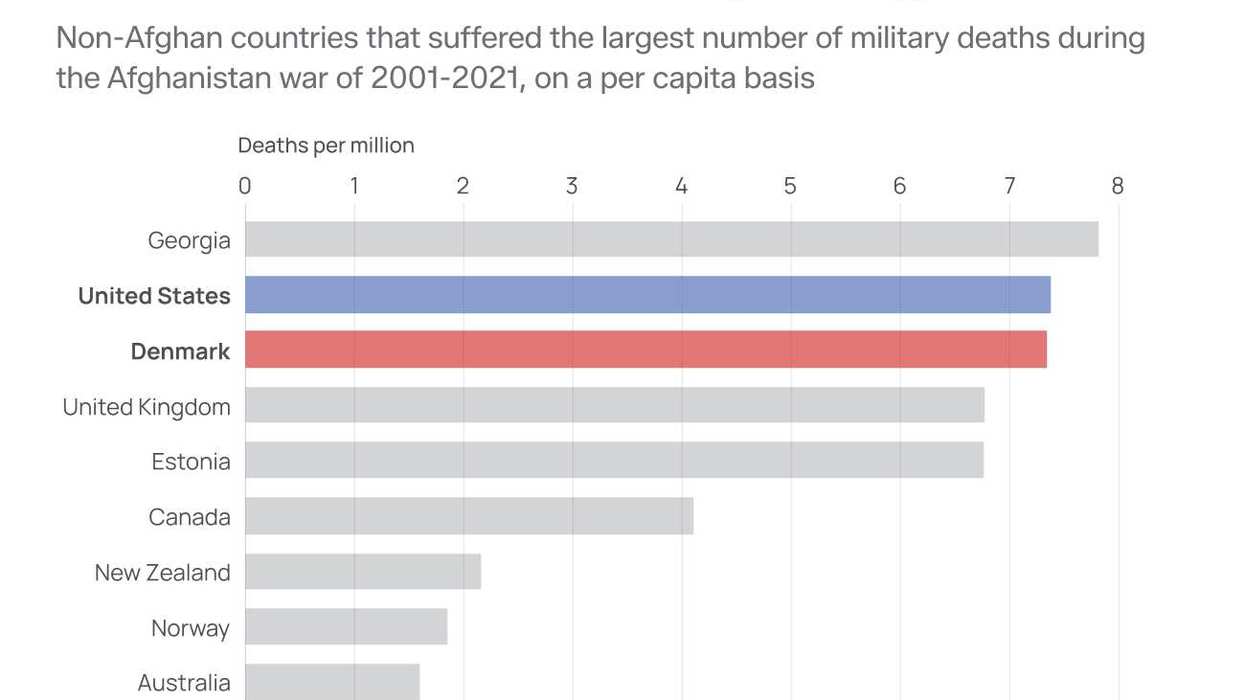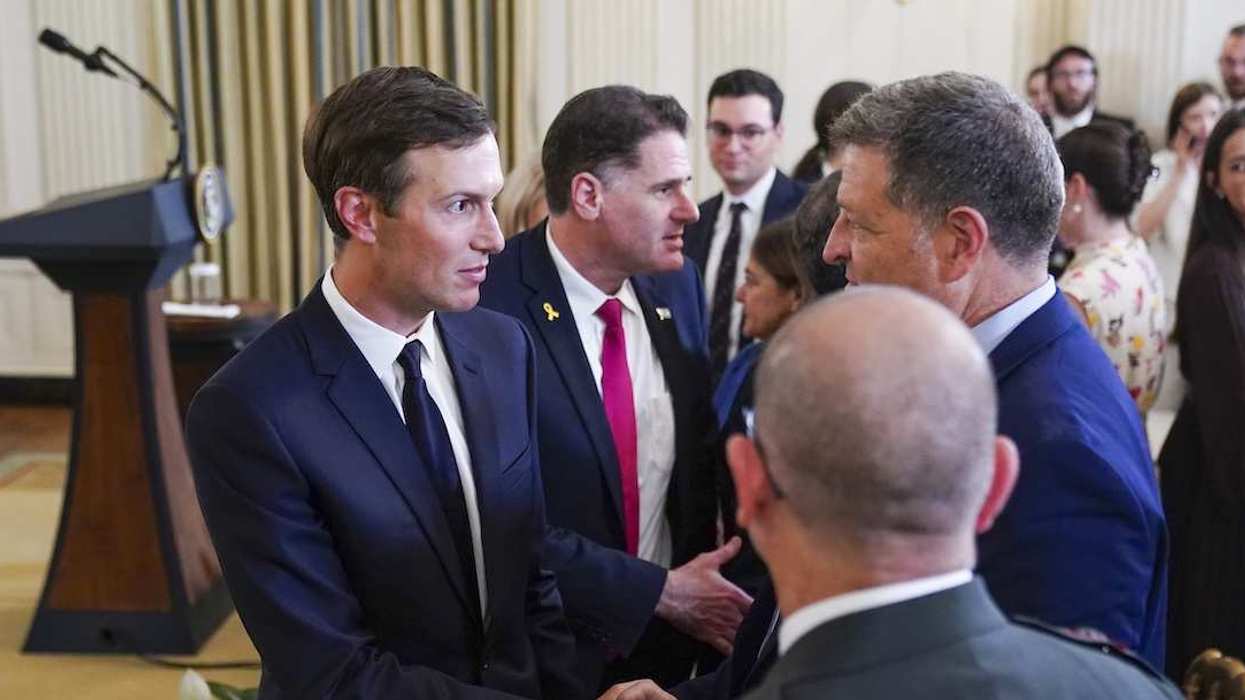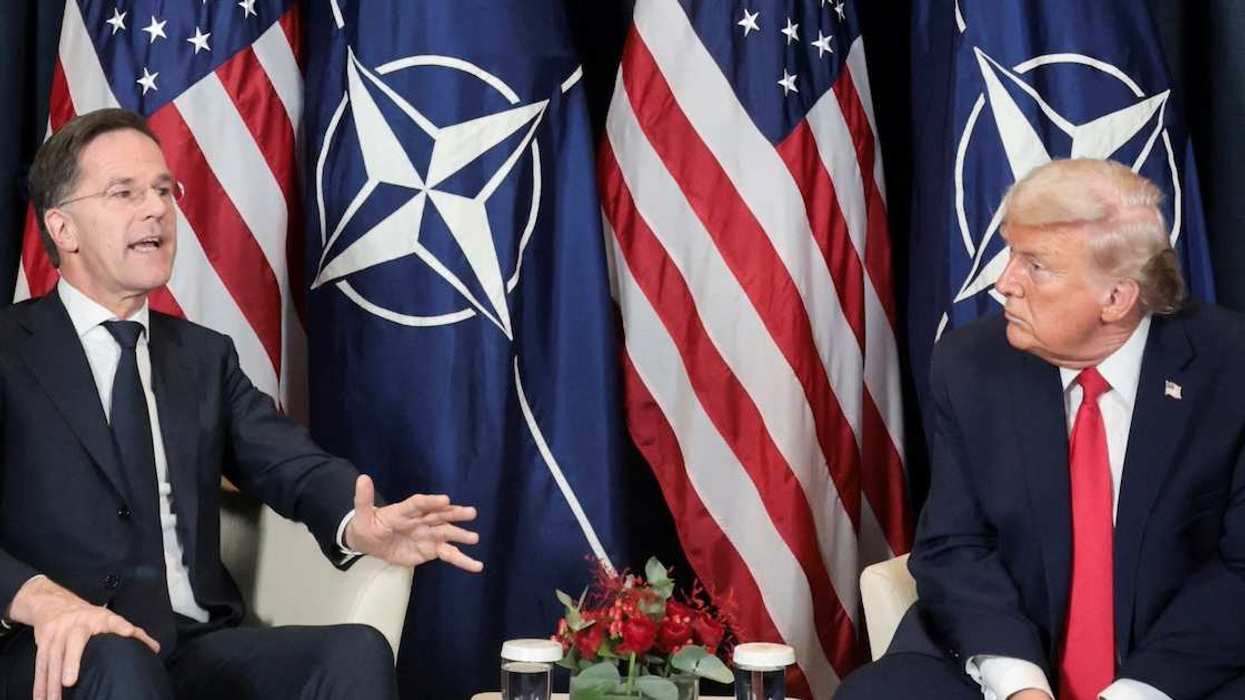Migrant workers protest in Mumbai: After India's government extended a nationwide lockdown until May 3, thousands of jobless migrant workers stranded in Mumbai staged a protest at a local railway station. The quarantines are especially hard on Mumbai's migrant laborers, many of whom have left their families behind to work in the city in textiles and service industries. They are now not only unemployed while India's economy is in hibernation, but also stuck in the city because public transport has been halted. Some have tried to make their way home on foot. Many say they are now staying in cramped shelters (or in some cases on the street) where social distancing is impossible and food is scarce, and they want the government to restart bus and train services so they can get home. So far, the state of Maharashtra, home to Mumbai, has been hardest hit by the virus.
Women lead on Covid-19 responses: Now more than ever, concerned citizens are turning to their elected officials to guide them through a once-in-a-lifetime global health and economic crisis. What do some of the world leaders who have shown the most innovative and compassionate approaches to managing the pandemic have in common, one Forbes analyst asks? They are women. Consider that in Taiwan, where new coronavirus cases have hovered in the single digits for weeks, President Tsa Ing-wen was an early adopter of data technology to trace those infected. She also ramped up production of crucial protective equipment before global supplies dwindled. Meanwhile, in New Zealand, Prime Minister Jacinda Arden has been praised for closing borders and enforcing home quarantines early, despite the low number of cases in her country. Arden has also taken to Facebook to respond directly to questions from concerned New Zealanders, while reassuring children that the Easter Bunny and tooth fairy are essential workers. Norwegian Prime Minister Erna Solberg, meanwhile, held a special conference specifically for children where she spent half an hour answering their questions. Meanwhile, in Germany, Chancellor Angela Merkel emphasized the severity of this crisis early, before rolling out one of the world's most consistent testing programs, which has contributed to Germany's relative success in dealing with the pandemic.
IMF cancels debt for poor nations: Amid what could be the worst global economic crisis in 90 years, the International Monetary Fund (IMF) agreed Monday to annul six months of debt repayments for 25 of the world's poorest countries. Many of these cash-strapped countries, which include those mired in conflict like Yemen and Afghanistan, as well as low-income countries in Africa, have limited medical supplies, few doctors, and poor healthcare systems – a serious outbreak of COVID-19 in any of these countries would be catastrophic. More than 90-countries have so far lobbied the IMF for financial assistance in recent weeks, in an unprecedented appeal for help from the Fund. The IMF says that emerging market economies will need at least $2.5 trillion this year to make ends meet.
